Overview
Civil Engineering Lab Setup for Research and Development and Academics
Civil engineering laboratories can be described as crucial infrastructures within learning and research institutions focusing on civil infrastructures and the environment. These are normally fitted with several implements and apparatus that are required in assessing substances and structures that will be used in constructing various facilities for their viability, stability and sustainability.
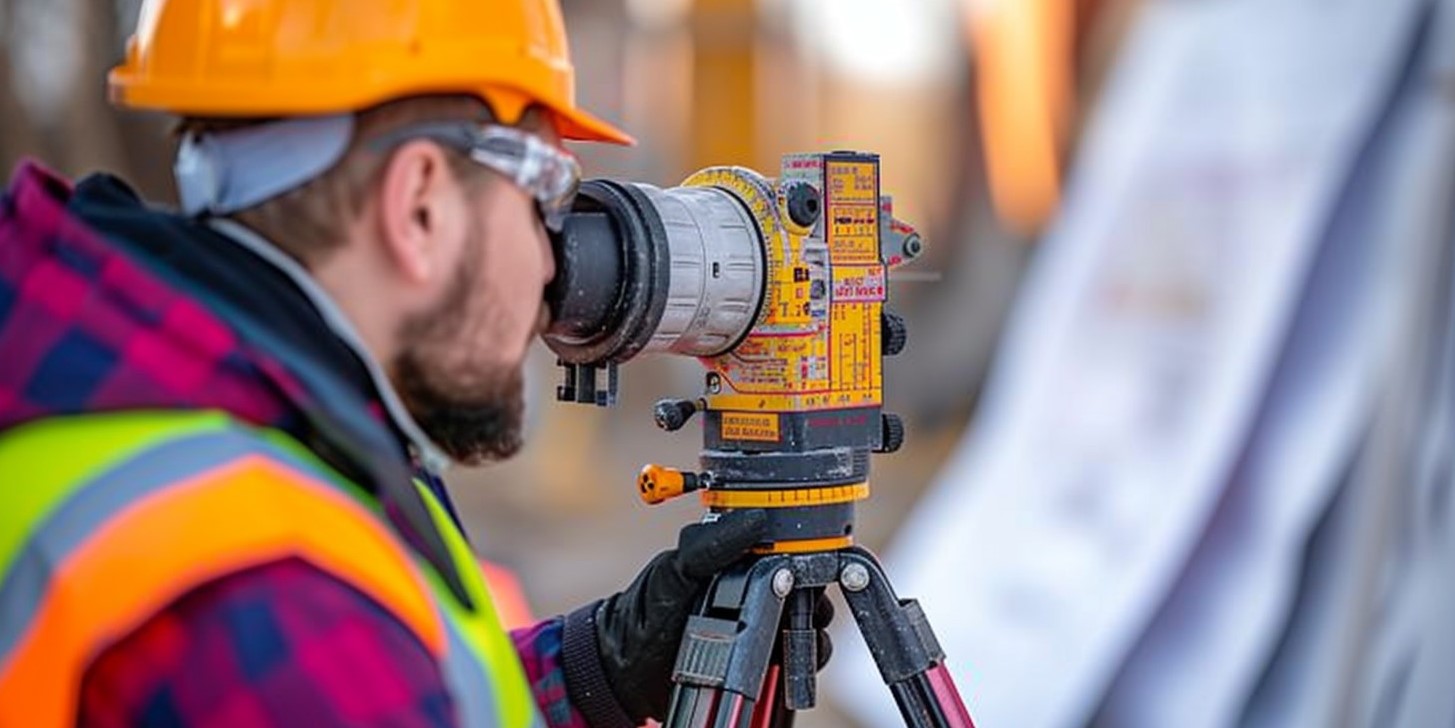
Features
Why Choose Our Civil Engineering Lab Setup?
- Materials Testing Equipment: Testing machines to check mechanical properties like US tensile strength, hardness, and impact strength of the metal as polymer and composites.
- Thermodynamics Setups: This subclass includes instruments that are employed in heat transfer investigations, cycles thermodynamics, and energy conversion.
- Fluid Dynamics Apparatus: Vehicle and wind tunnel models and other instrumentation tools for assessing the fluid dynamics behavior and pressure distribution on/aerodynamic testing.
- Manufacturing Machinery: Automotive parts / components manufacturing tools; CAD or CAM design / drafting tools; CNC and 3D printing machines and tools and conventional machining equipment.
Use Cases
Key Use Cases of Civil Engineering Lab
- Design and Optimization: Design, select, and integrate mechanical systems and parts in order to achieve energy effectiveness and dependability.
- Research and Development: Research in materials science and engineering, alternative energy sources, and environmentally friendly production techniques.
- Education and Training: Enable the students to have practical interaction and experimentation involving mechanical engineering courses and general experimentation.
- Consultation and Testing Services: Pave for industries that require testing and analysis of mechanical components that include engines, turbines and gears among others.

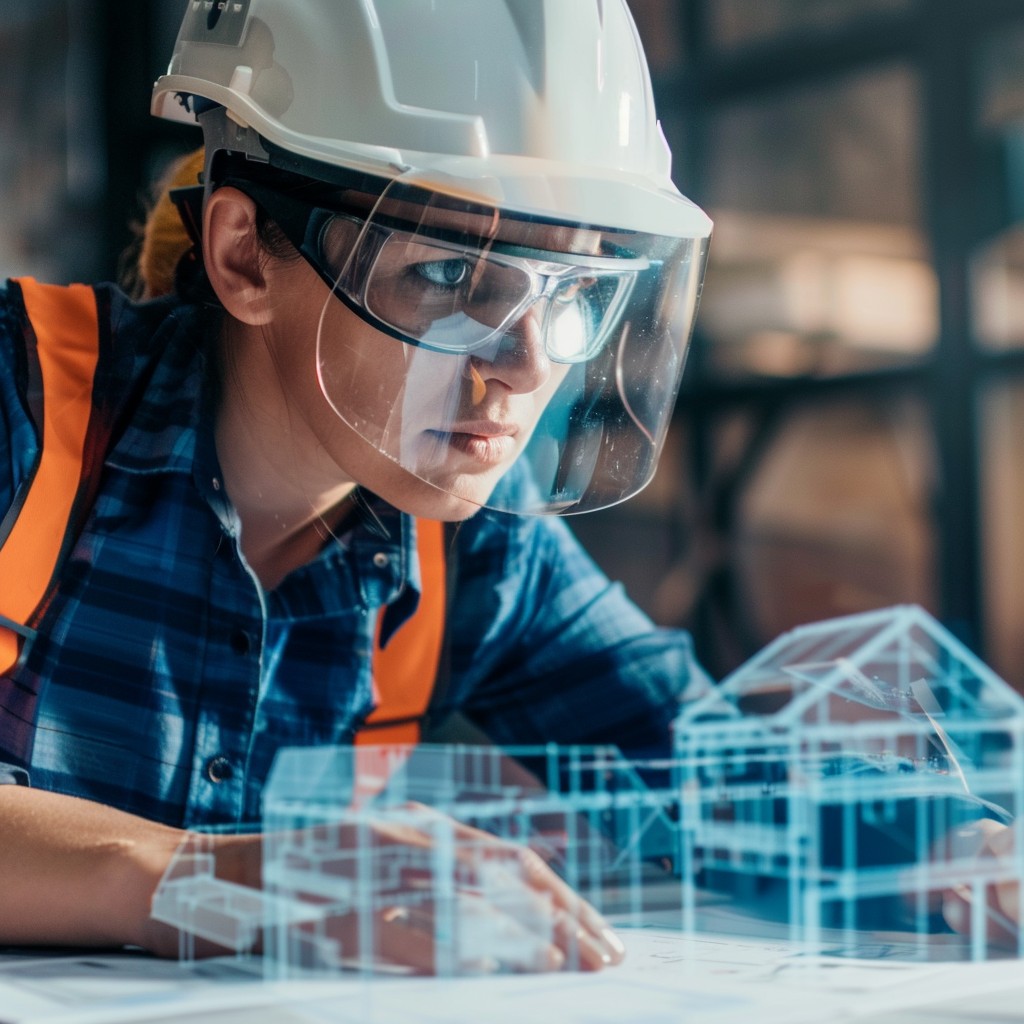
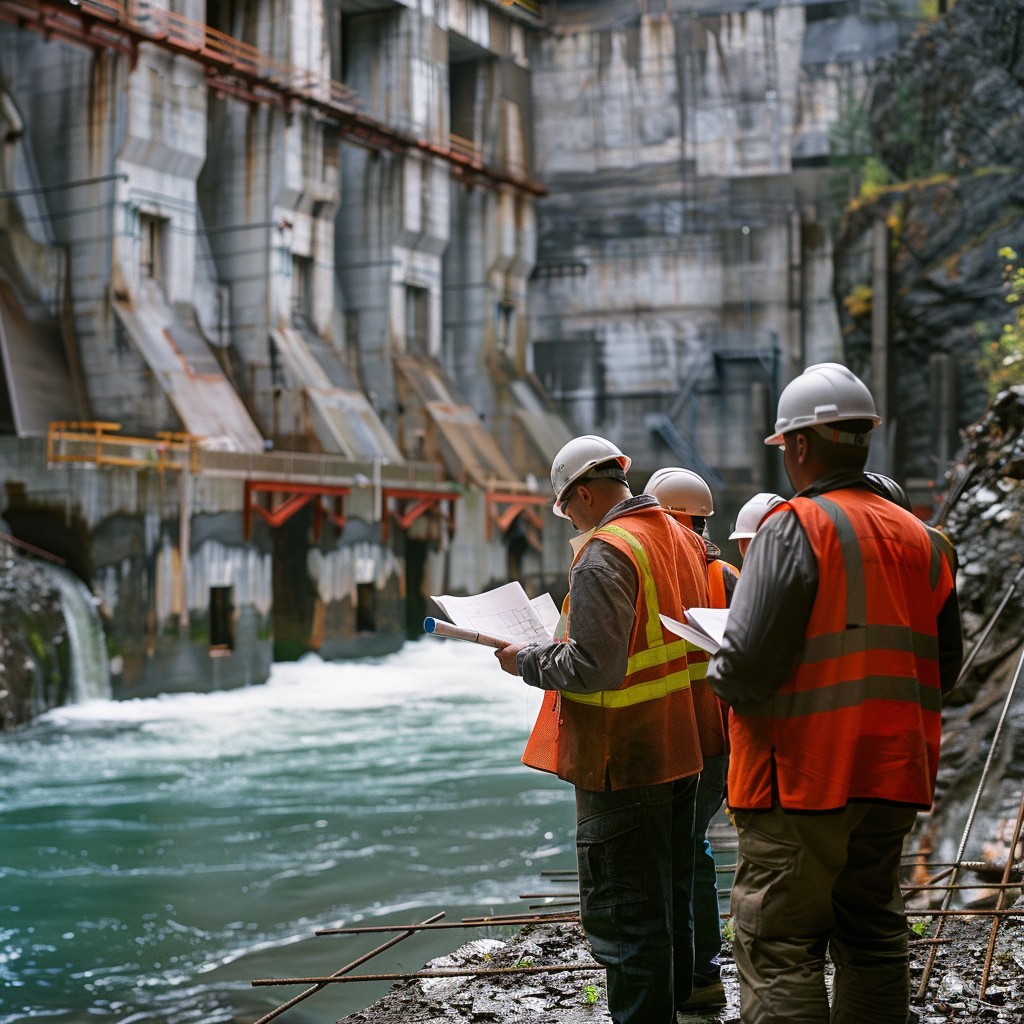
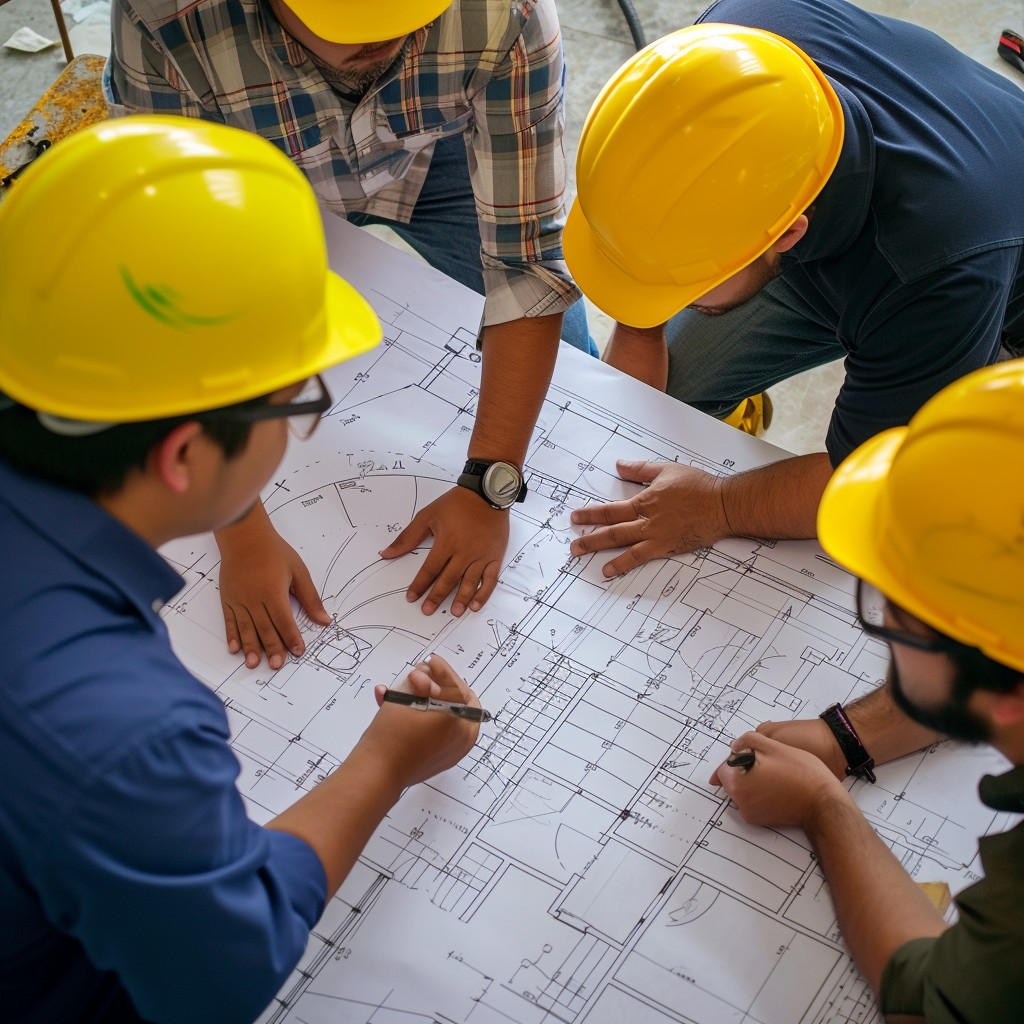
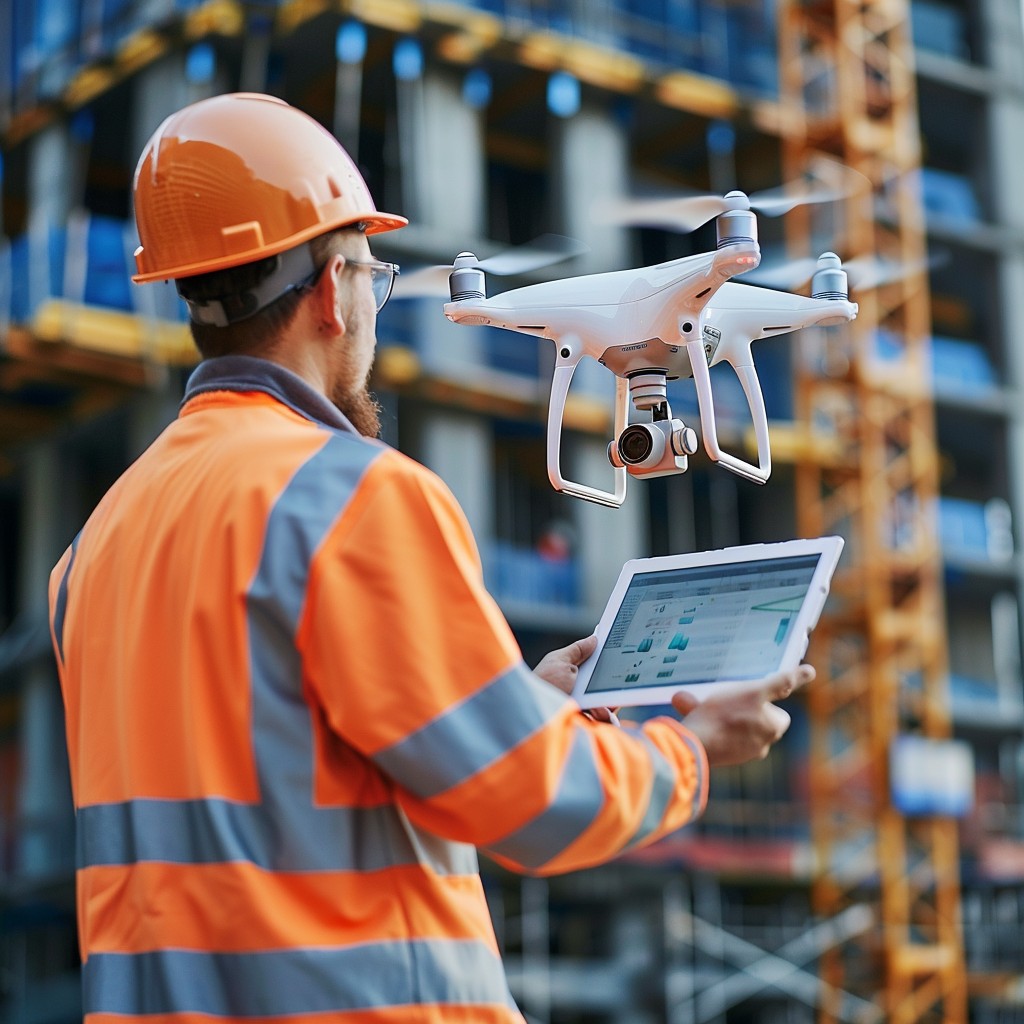
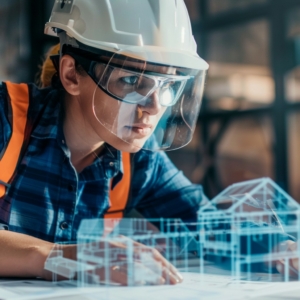
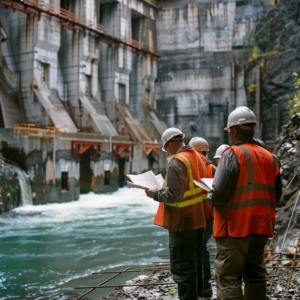
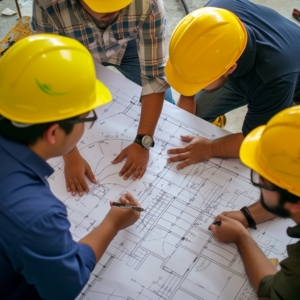

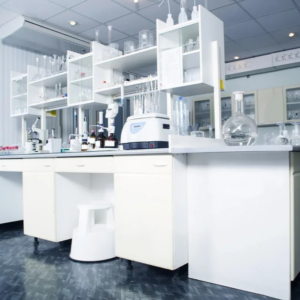

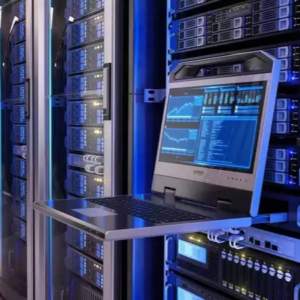
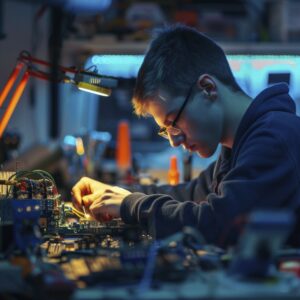
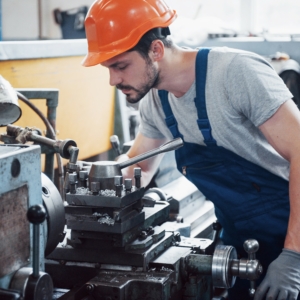

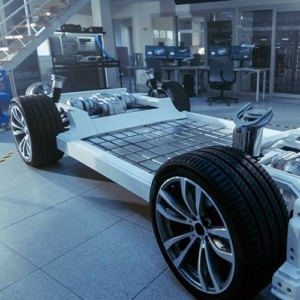
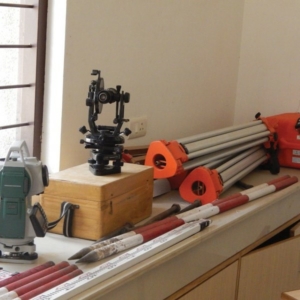

Reviews
There are no reviews yet.